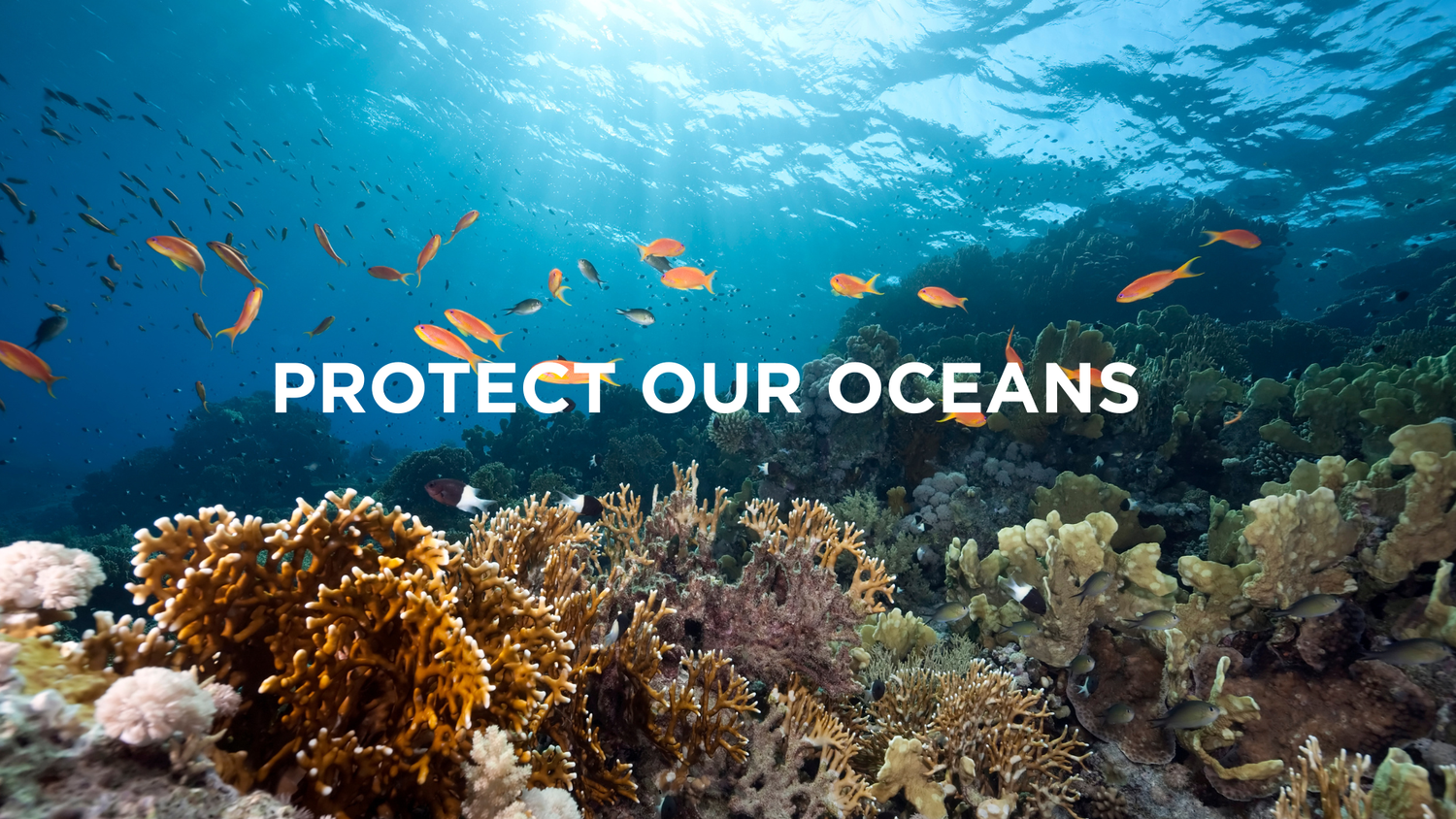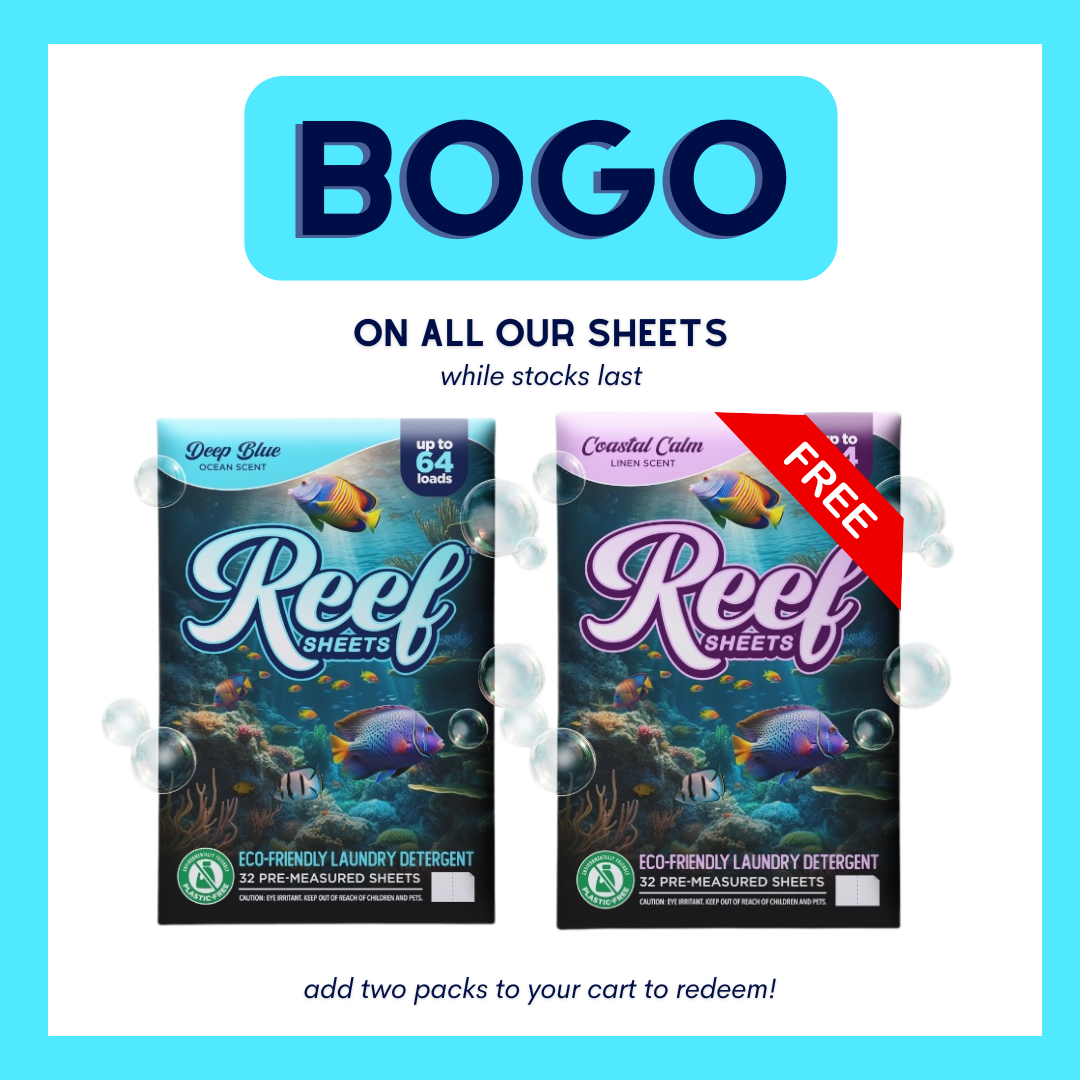Plastic waste has become a pervasive threat to our oceans, disrupting marine ecosystems and endangering wildlife. Each year, an estimated 8 million metric tons of plastic enter the oceans, equivalent to dumping a garbage truck full of plastic every minute. This crisis affects marine life, human health, and the global environment in profound ways.
Devastating Effects on Marine Life
Marine animals often mistake plastic debris for food, leading to ingestion and entanglement. Sea turtles, fish, and seabirds consume microplastics or become trapped in discarded fishing nets and plastic bags, resulting in injury, starvation, or death. Over 800 species are impacted, with studies showing that 90% of seabirds have plastic in their stomachs. This disrupts food chains, as predators consume contaminated prey, spreading toxins throughout the ecosystem.
Microplastics and Human Health
Plastic waste breaks down into microplastics—tiny particles smaller than 5mm—that infiltrate the water column and accumulate in marine organisms. These particles absorb harmful chemicals like pesticides and heavy metals, which can enter the human food chain through seafood consumption. Research is ongoing, but microplastics have been found in fish, shellfish, and even drinking water, raising concerns about potential health risks, including inflammation and hormonal disruption.
Environmental and Economic Consequences
Plastic pollution disrupts critical ocean processes, such as carbon sequestration by phytoplankton, which plays a vital role in regulating the planet’s climate. Coastal ecosystems like coral reefs and mangroves, already stressed by climate change, suffer further damage from plastic debris, reducing their ability to support biodiversity. Economically, plastic pollution costs billions annually in damages to fisheries, tourism, and cleanup efforts. For example, the Asia-Pacific region alone loses an estimated $10 billion yearly due to marine litter.
Switching to Detergent Sheets: A Measurable Impact
One practical way to combat this plastic onslaught is by switching to eco-friendly alternatives like detergent sheets. Traditional liquid or powder detergents often come packaged in single-use plastic bottles, contributing significantly to household waste—Americans alone discard over 700,000 tons of plastic detergent bottles each year. Detergent sheets, such as those offered by ReefSheets, eliminate this entirely: they're plastic-free, dissolve completely in water, and require no bulky containers or excess packaging.
The impact is measurable and immediate. By adopting detergent sheets, an average household can prevent up to 5-10 plastic bottles from entering landfills or waterways annually, depending on usage. Scaled up, if just 10% of U.S. households made the switch, it could divert over 70,000 tons of plastic waste per year—equivalent to removing thousands of garbage trucks from the waste stream. These reductions directly lessen the burden on oceans, as less plastic means fewer microplastics polluting marine habitats and entering the food chain. Plus, detergent sheets often use concentrated, plant-based formulas that require less water and energy in production, further shrinking your carbon footprint.
What Can We Do?
Reducing plastic waste starts with collective action. Simple steps like using reusable bags, bottles, and straws, supporting bans on single-use plastics, and participating in beach cleanups can make a difference. Innovations in biodegradable materials and improved waste management systems also offer hope—consider starting with a switch to detergent sheets today. By raising awareness and advocating for sustainable practices, we can protect our oceans for future generations.
Let’s act now to keep our oceans vibrant and thriving. Visit ReefSheets.net for more tips on preserving our marine ecosystems and to try our plastic-free detergent sheets!


